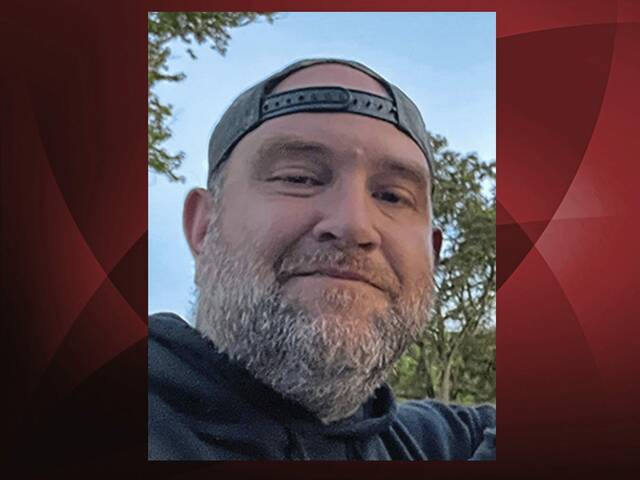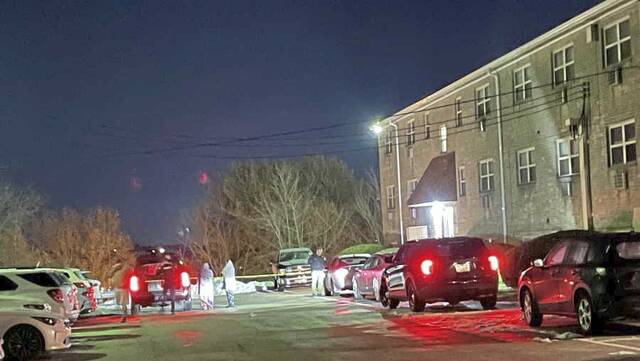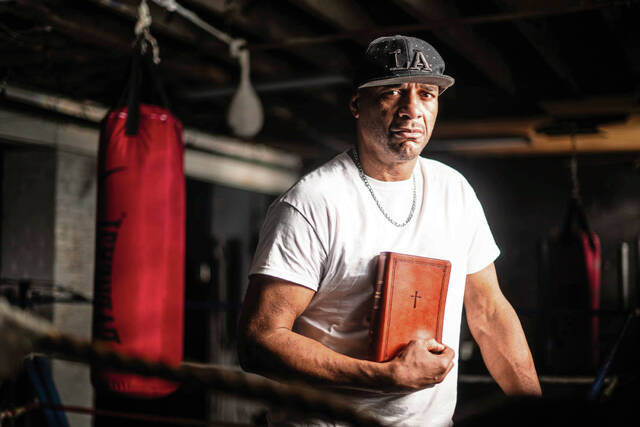Researching the experiences of Black people in Westmoreland County has been eye-opening for Margaret Power.
A Greensburg native, Power said she grew up not knowing much about Black history in the county. She’s changing that now, joining forces with a Saint Vincent College history professor to pore through historical records and conduct interviews with those who experienced it.
“It’s not just learning about somebody else’s history. It’s learning about our history because we all live together,” she said.
Power, a retired history professor at the Illinois Institute of Technology, is working with Tim Kelly, a professor at Saint Vincent in Unity, on the research. They plan to publish a book with their findings, which would be their second on a local topic.
They, along with retired Seton Hill University history and political science professor Michael Cary, previously wrote “Hope in Hard Times: Norvelt and the Struggle for Community During the Great Depression,” which was published in 2016. That research work led Kelly to be curious about how the racial divide has shaped political attitudes in Westmoreland County more than he would’ve expected, given the small Black population — about 3% of the county’s total population.
“I don’t have a reason to why that is yet,” he said.
Cary, now an adjunct professor, is providing some assistance with the project. Power has conducted around 40 to 50 interviews, and every Black person she interviewed shared memories of Fairview Park in Salem, she said. The park was created in the 1940s by a group of Black church leaders from Allegheny and Westmoreland counties as a place where Black local residents could gather at a time when segregation was in place.
The park at one time boasted a roller coaster, merry-go-round, skating rink, swimming pool, petting zoo and softball fields. It now is maintained by the Fairview Park Association and is listed on the National Register of Historic Places, noted as Pennsylvania’s first and only Black-owned amusement park.
Power also has been documenting stories about how people of different races got along in years past. She’s looking for more interview subjects.
“I’d like to talk to anybody, any race, anybody who wants to talk about their memories growing up in Westmoreland County,” she said.
Meanwhile, Kelly has been tracking down records from the 18th and 19th centuries to learn how Black people came to Westmoreland County, where they lived and what their lives were like. Those materials have included census data and church, personal and cemetery records.
He had a lot of help in sifting through those records from William McClellan, who graduated last year.
“The lives of African Americans are important for us to know about,” Kelly said. “That’s a meaningful history, and I think it’s been too long neglected.”








